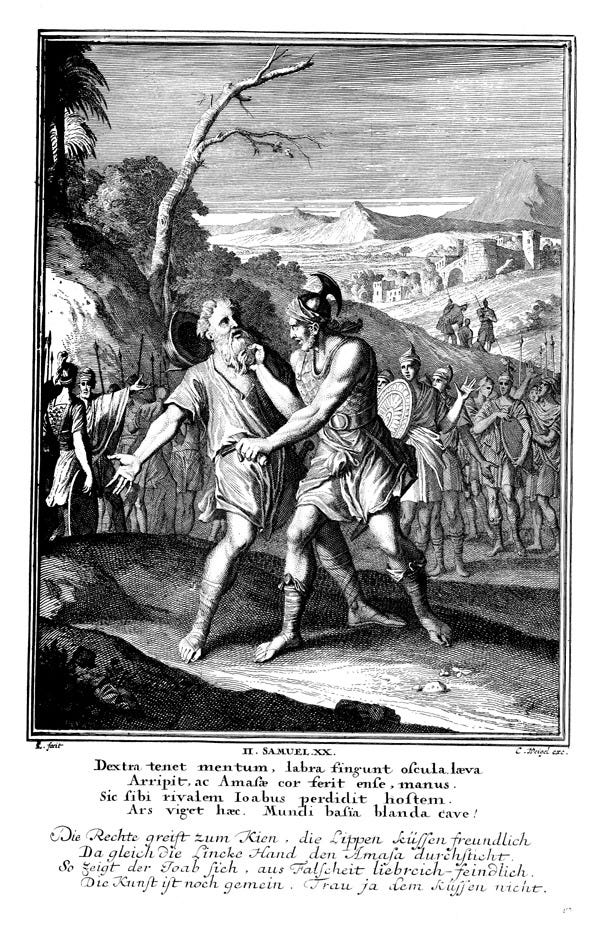Theology Unfiltered: Q&A for the Thinking Believer
Direct Responses to Your Most Challenging Theological Questions
In this exclusive Theology Talk round-up, I tackle eleven of the most provocative questions believers are asking today. From the nature of the Holy Spirit across testaments to whether Jesus turned water into real wine, I do my best to offer concise, thoughtful perspectives while being firmly rooted in Scripture. Let’s move beyond tired and typical answers as we explore the territorial gods of ancient pantheons, decode the true meaning of speaking in tongues and unravel whether the biblical flood truly covered the entire earth. The best part is that these have theological substance but are easily accessible in bite-sized responses. Let’s go!



